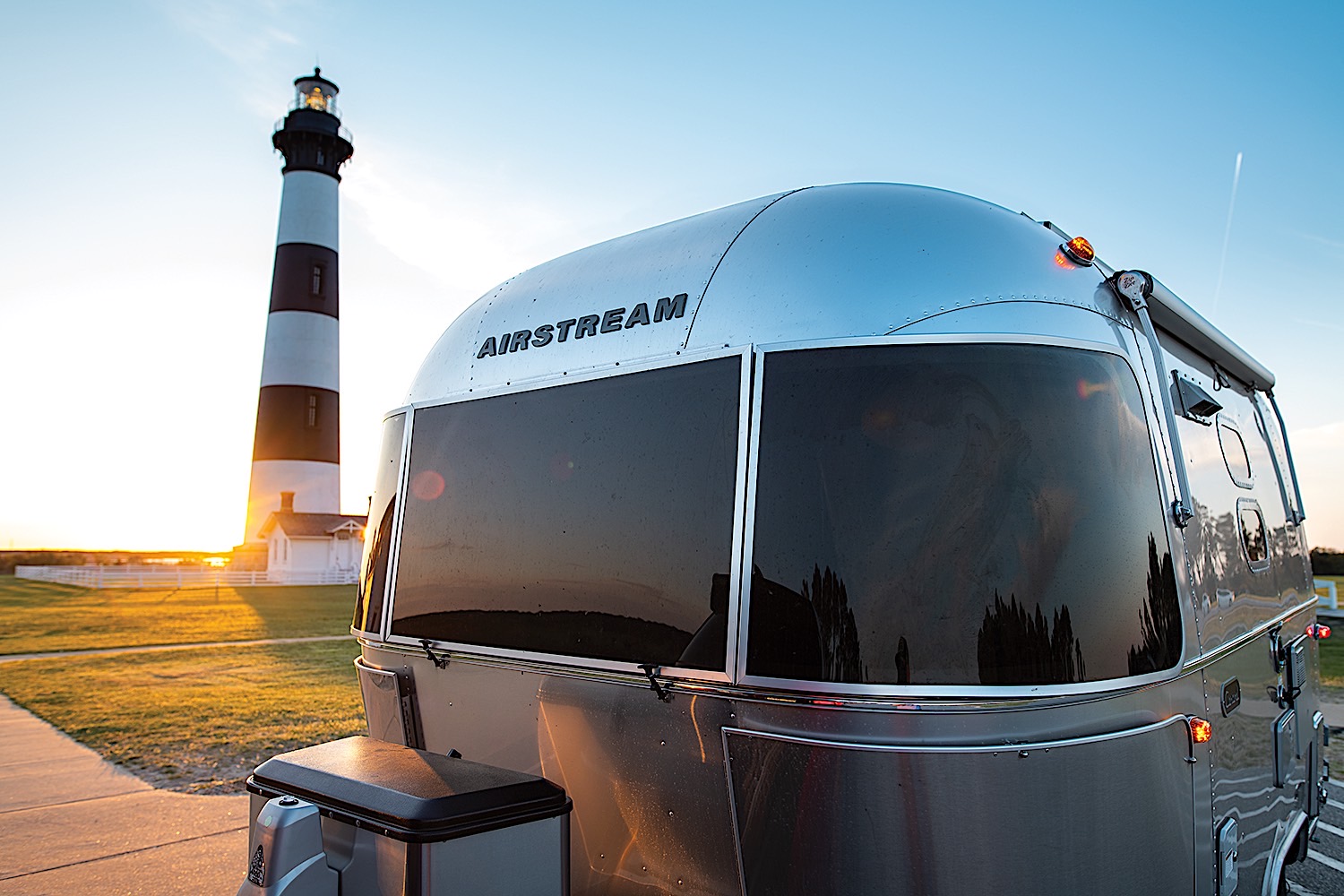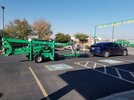We own a 2017 Model X 90D, and have towed a fair amount, both around Tucson, and between the Phoenix Area and Tucson.
The range cut is considerable, ie about 50%.
Normally we could get from our house in Tucson, to Tempe, and then back to Casa Grande to supercharge without any major range anxiety. With towing even a decent sized enclosed trailer (5x8 LOOK), we have to stop in Casa Grande, charge to nearly full, go to Tempe, do what we need to do, come back to Casa Grande, and charge to at least 80% and then had back to Tucson. Alternatively, we can hit a metro supercharger in the Phoenix area, and still need to stop in Casa Grande in each direction, just for less time.
I have also towed a 4,500 pound boom lift from North Phoenix, and for that we did a straight shot from Tucson to pickup the boom lift in North Phoenix, then we supercharged in Scottsdale, then in Casa Grande, and finally got home.
Long distance towing with a Cyber Truck will probably be in the 50% range basis, and as mentioned before, the vast majority of supercharger locations will require you to unhitch before charging.
----
Personal option, owning two Tesla's (Model X 90D, Model 3 LR RWD), I would buy the Model Y now, and keep an older truck around for the times you need to tow the heavy trailer. I would not put the $ into a new truck for occasional use, and heck, you could even rent a truck when you need the heavy towing if you do not do it very often.
We do have a reservation in for a CyberTruck (dual motor), but we are also not in "need of a Tesla" right now, and have no problems waiting to see what it looks like.
-Harry




